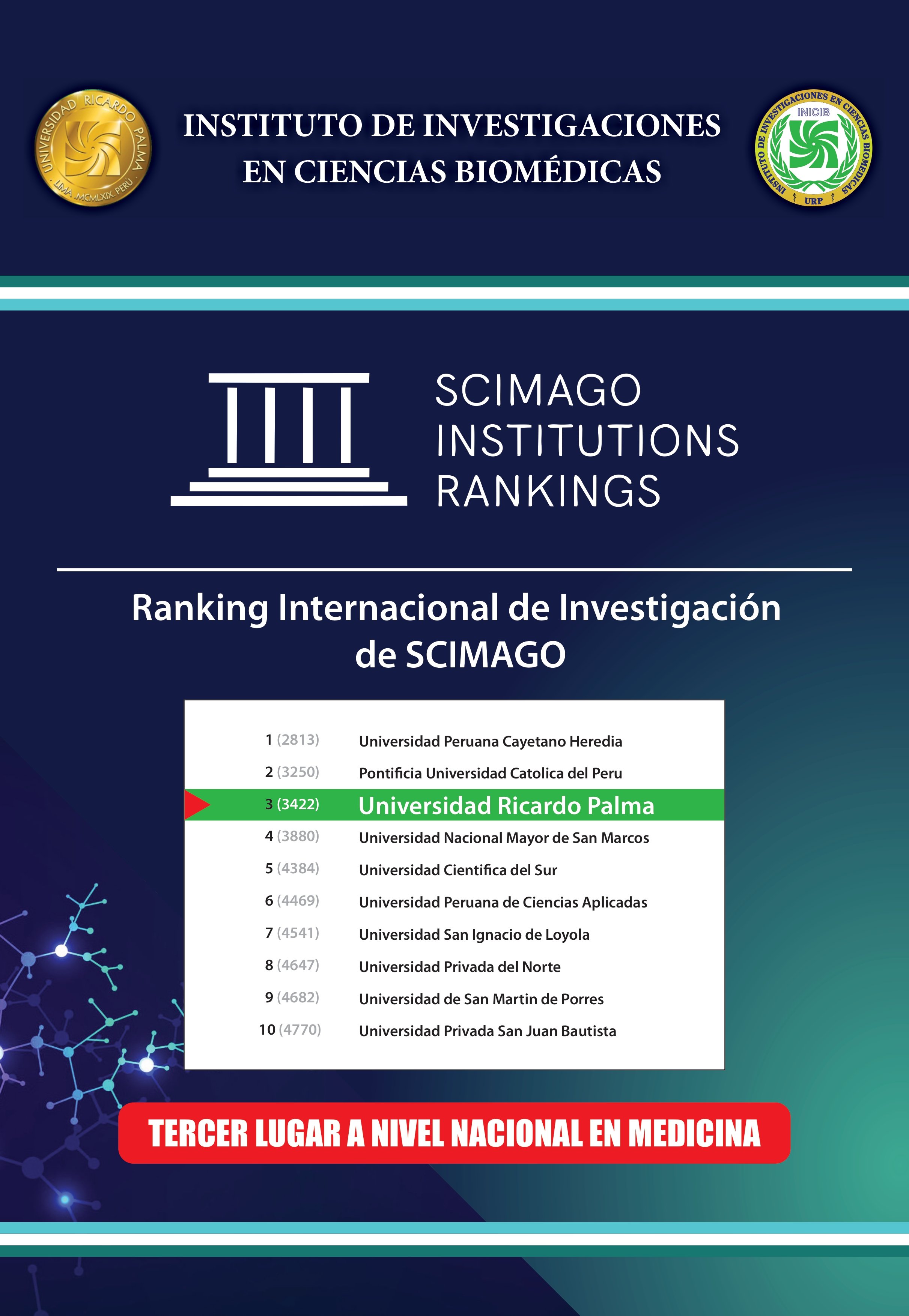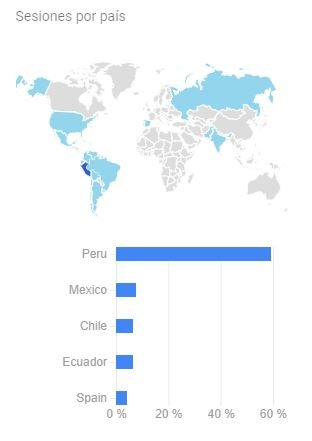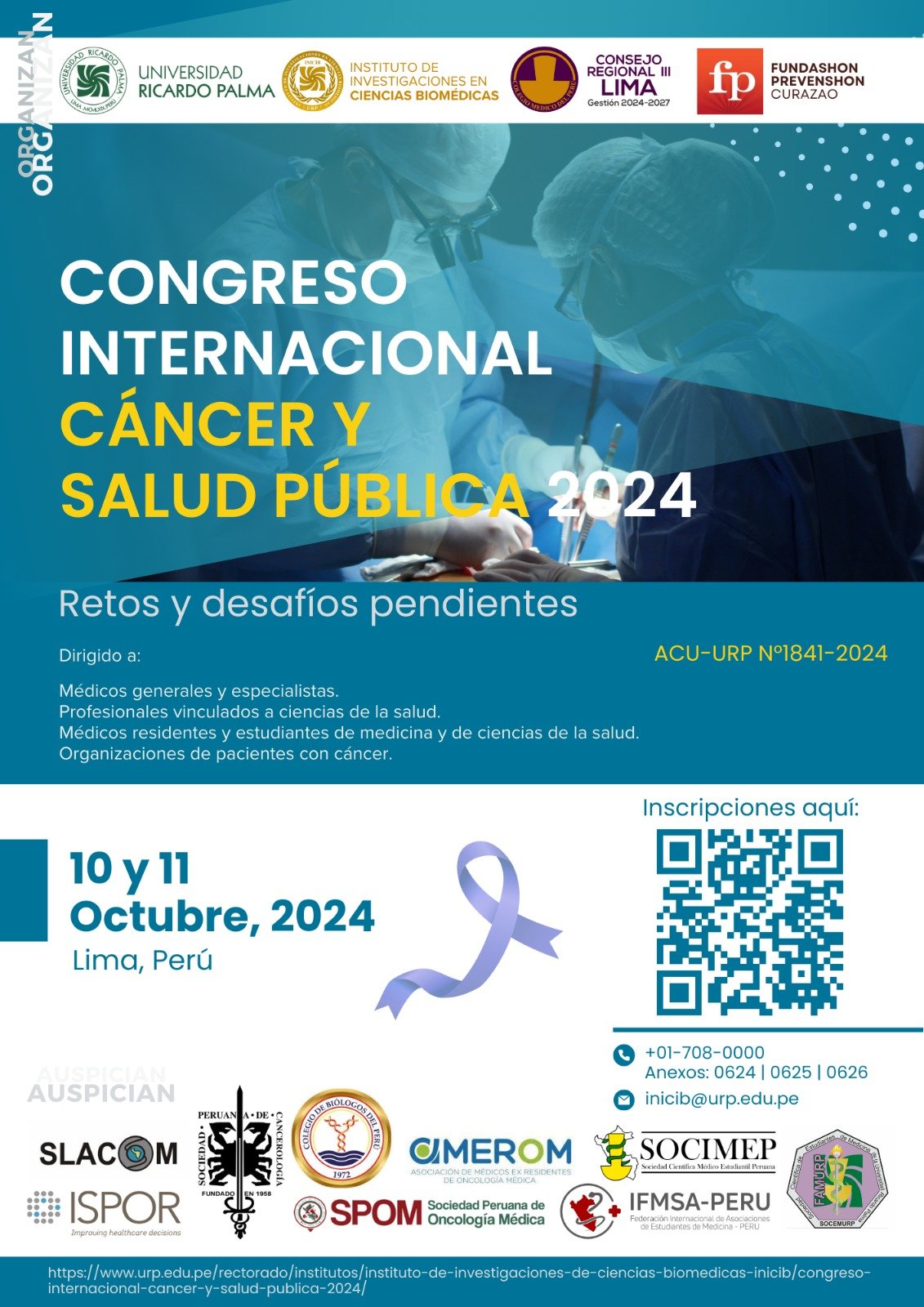Quality of life in patients with advanced cancer according to place of care in a referral hospital.
Calidad de vida en pacientes con cáncer avanzado según lugar de atención en un hospital de referencia.
DOI:
https://doi.org/10.25176/RFMH.v21i1.3603Keywords:
Quality of life, Palliative care, Advanced cancerAbstract
The quality of life perceived by patients with advanced cancer from a tertiary hospital is compared according to home care versus hospital care. Observational, cross-sectional study, included patients older than 18 years with cancer with multiple metastases. EORTC QLQ-C15-PAL quality of life survey was applied to patients with adequate cognitive level (Pfeiffer questionnaire). Chi square and Mann-Whitney, p <0.05, and SPSS 24.0 were used. 83 patients in the hospital group and 69 at home. Median age 66 and 76 years respectively (p <0.01); the female sex predominated (p = 0.60). They presented moderate or severe cognitive impairment, 25% hospital group and 58% home (p <0.01). The median quality of life score was 49.5 in the hospital group and 48 in the home group (p = 0.60), the physical functional aspect had a lower score in the hospital group (p <0.01). The perceived quality of life is acceptable, the home group is older and has cognitive impairment.
Downloads

Downloads
Published
How to Cite
Issue
Section
License
Copyright (c) 2021 Revista de la Facultad de Medicina Humana

This work is licensed under a Creative Commons Attribution 4.0 International License.



































